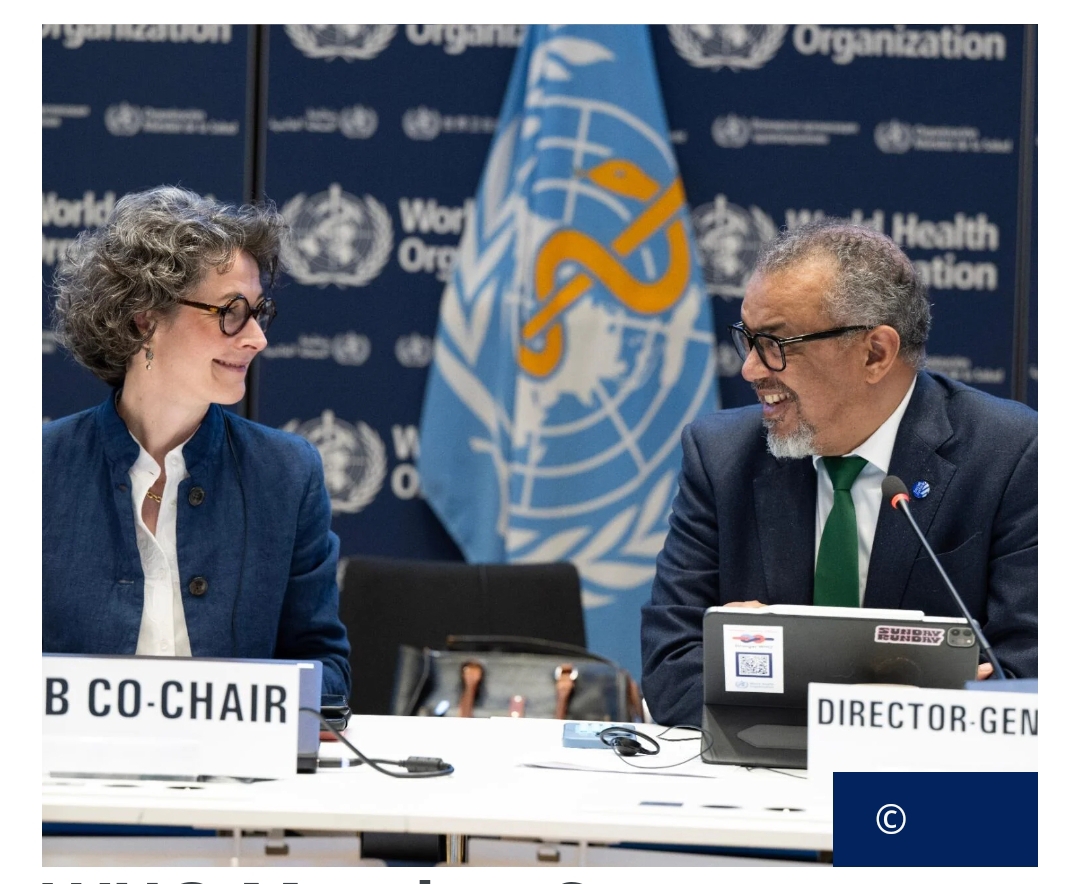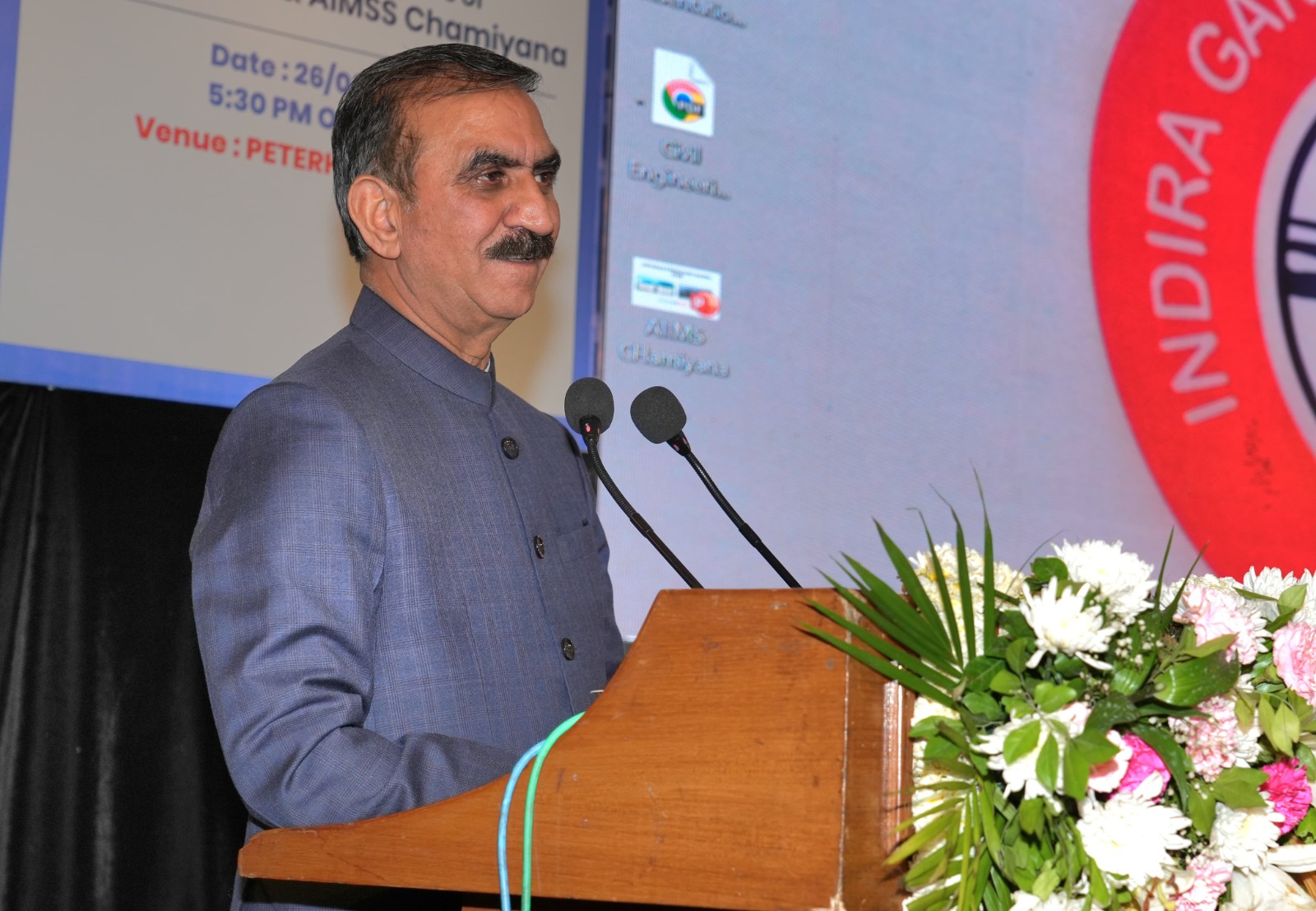Historic Milestone Reached: WHO Member States Finalize Draft Global Pandemic Agreement for Consideration in May.
Geneva:
After more than three years of intense negotiations, the World Health Organization (WHO) Member States have reached a historic consensus on a draft Global Pandemic Agreement, aimed at strengthening international collaboration to prevent, prepare for, and respond to future pandemics. The draft will be presented for consideration at the Seventy-eighth World Health Assembly, scheduled to begin on May 19, 2025.
The negotiations began in December 2021, during the height of the COVID-19 pandemic, when WHO Member States established the Intergovernmental Negotiating Body (INB). The INB was tasked with drafting an international legal instrument under the WHO Constitution to ensure the world is better prepared for future health crises.
Following 13 formal rounds of meetings, including several extended and informal sessions, the INB has now finalized the proposed agreement. The draft includes comprehensive measures to promote equitable access to health resources, build global and regional capacities, and establish robust systems to enhance pandemic response.
Key proposals in the agreement include:
- A pathogen access and benefit-sharing system;
- Implementation of the One Health approach to pandemic prevention;
- Enhancing geographically diverse R&D capabilities;
- Facilitating the transfer of technology and knowledge;
- Building a trained global health emergency workforce;
- Establishing a coordinated financial mechanism;
- Creating a global supply chain and logistics network;
- Strengthening national health systems and preparedness.
Importantly, the agreement respects national sovereignty. It explicitly states that WHO will not have authority to mandate national laws or policies, including travel restrictions, vaccination mandates, or lockdowns.
WHO Director-General Dr. Tedros Adhanom Ghebreyesus hailed the consensus as a major step in global solidarity. “In reaching this agreement, countries have not only advanced global health security but also reaffirmed that multilateralism is alive,” he said.
Dr. Tedros also praised the INB leadership, including Co-Chairs Precious Matsoso (South Africa) and Ambassador Anne-Claire Amprou (France), for their dedication and diplomacy throughout the negotiation process.
Matsoso described the achievement as a “monumental effort,” emphasizing the shared global understanding that “no one is safe until everyone is safe.” Ambassador Amprou added that the agreement is a major advancement in building a more effective and equitable global health response mechanism.
The final decision on adopting the agreement under Article 19 of the WHO Constitution will be made by the Member States during the upcoming World Health Assembly in May 2025.
If adopted, this will mark a historic turning point in international health governance and lay the foundation for a safer, more coordinated global response to future pandemic threats.



